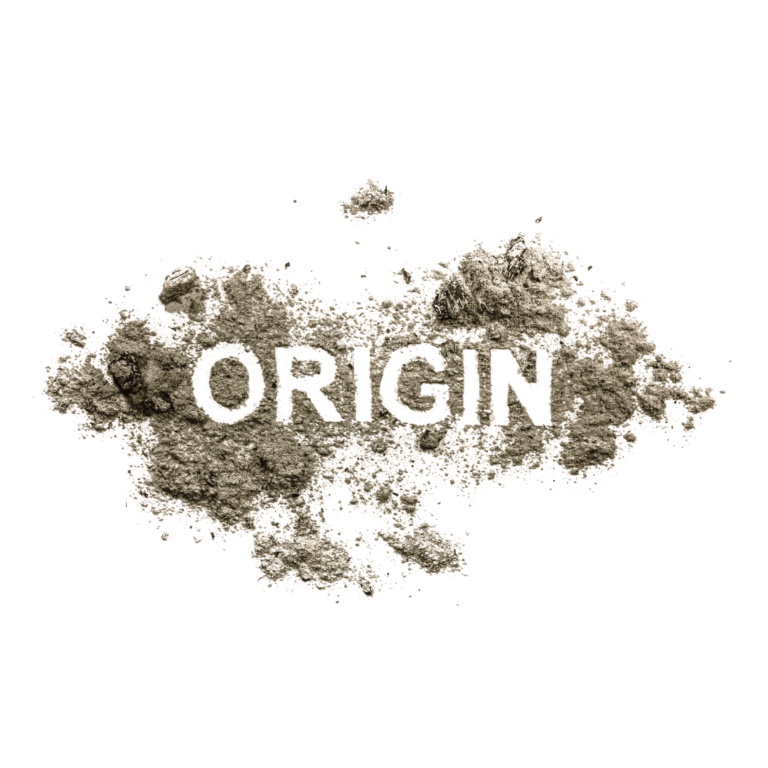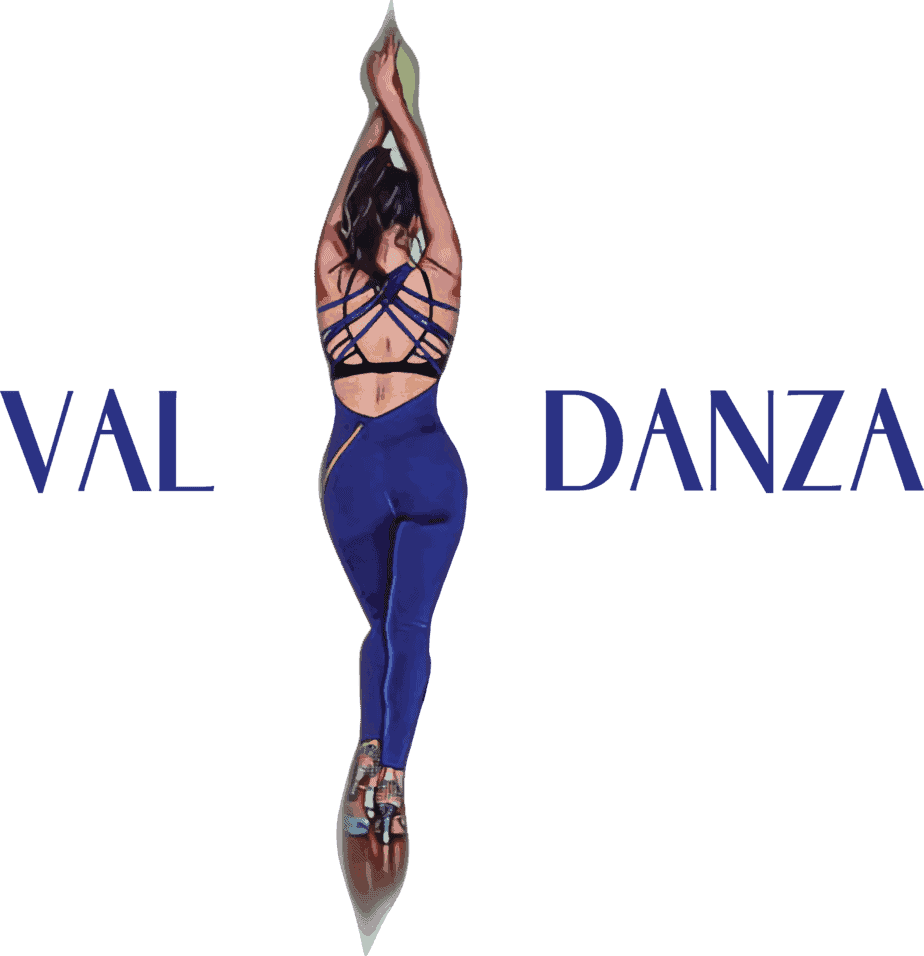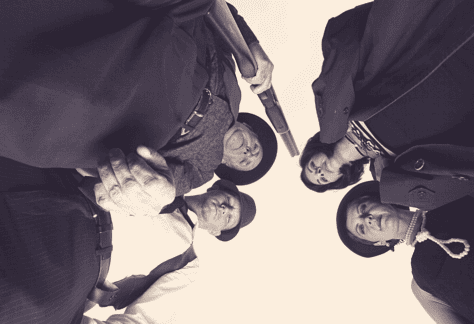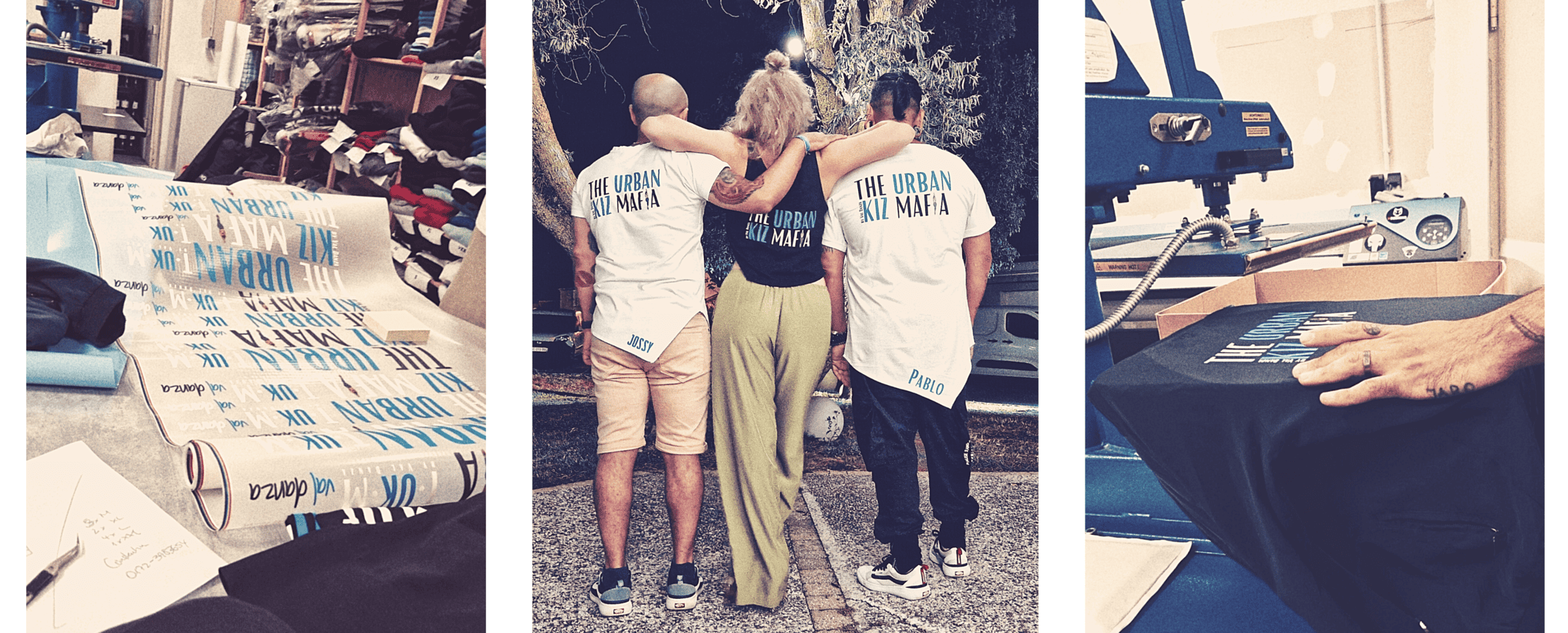Understandable…
why one might be surprised about my choice. Historically the word mafia refers to criminal organizations involved in violence and illegal activities.
Rest assured; the only organised crime “The Urban Kiz Mafia” is guilty of is killing it on the dance floor.
But let’s have a quick look at the word origin.
(Here I am geeking out just a tiiiny bit, something that happens to me with all topics of interest. At the same time I’ll keep it fragmental (!) )

Word origin
The word mafia exists in the Florentine dialect, carrying the connotation of poverty and misery. There is a similar Piedmontese word, mafiun, meaning: ‘a little or petty person’ (Novacco, 1859).
However, the meaning of the term, as employed in Sicily, differs significantly. According to a 1658 documentation, the word is utilised as a nickname following the name of a witch — Catarina la Licatisa, also called Maffia — and in this context, it conveys the notions of boldness, ambition, and arrogance.
Especially in Borgo, a suburb, mafia meant “bellezza, baldanza, orgoglio, graziosità, perfezione, eccellenza” (Hess, 1998, p. 1), that is; ‘beauty, boldness, pride, grace, perfection, excellence’.
When applied to a man, these qualities primarily denoted his superiority, his masculinity; the term was interchangeable with ‘self-assurance, and a sense of being a man.’
Scholar Diego Gambetta (1993) also explains that the term mafia originates from the Sicilian word mafiusu, which can be roughly translated as “swagger” but that it carries connotations of “boldness” or “bravado” as well.
In like manner, in 19th century Sicily, the term mafiusu (mafioso in Italian) referred to a man who was considered “fearless”, “enterprising” and “proud”. On the other hand, when describing a woman, the feminine form of the adjective, mafiusa, signifies “beautiful” or “attractive”.
Although the exact origins of the word remain ambiguous, it is speculated that the term might have entered the Sicilian language through Arabic influence due to Sicily’s historical association as an Islamic emirate for over 200 years.
Potential Arabic origins of the term include:
ma’afi (معفي) = exempted. In Islamic law, Jizya, is the yearly tax imposed on non-Muslims residing in Muslim lands. And people who pay it are “exempted” from prosecution (Hannabuss, 2010).
mahyas (مهياص) = aggressive boasting, bragging (Hess, 1998)
(Theroux, 1995). Following the Norman conquest that eradicated Saracen rule in Sicily during the 11th century, the region transitioned to a feudalistic system. Many Arab smallholders were transformed into serfs on newly established estates, while a few sought refuge in what later became known as “the Mafia,” a clandestine sanctuary (Lewis, 1964).
American journalist and author Selwyn Raab points out that prior to the 19th century, the term “mafioso” did not denote a criminal individual but rather someone who exhibited skepticism or distrust towards centralized authority.
It was only in the 1860s that the term “Mafia” gained criminal connotations through the play “I Mafiusi della Vicaria” (“Heroes of the Penitentiary”). This play portrayed a group of prisoners in a Sicilian jail who upheld their own system of leadership and traditions, and it played a significant role in spreading the term “Mafia” within the Italian language (Raab, 2016).
On a very interesting sidenote:
The Sicilian Mafia and the associated Italian-American Mafia have their own designations and call their organizations “Cosa Nostra” (Our Thing / Our Affair).
It is the press and the general public that informally use the term mafia (Raab, 2016).



